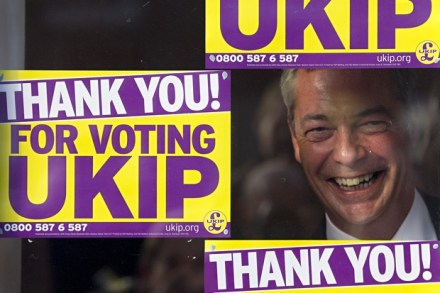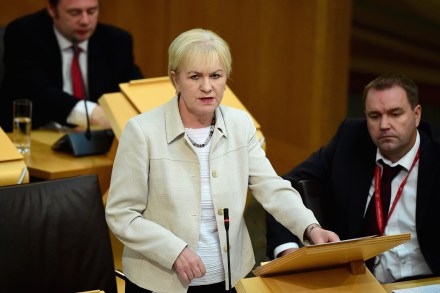What would a Ukip win in the South Yorkshire PCC by-election tell us?
Before the by-election battle with Ukip in Rochester that Westminster is rather obsessed with, there’s another chance for Nigel Farage’s party to cause a political earthquake. Tomorrow, voters in South Yorkshire will go to the polls to elect a new police and crime commissioner to replace Shaun Wright, who eventually resigned after the Rotherham child abuse scandal. Ukip is fighting a vigorous campaign in this PCC election, launching posters at the weekend that read ‘there are 1,400 reasons why you should not trust Labour again’, with a picture of a teenage girl on them. The party’s candidate Jack Clarkson does have a good chance of winning the seat from Labour,




















